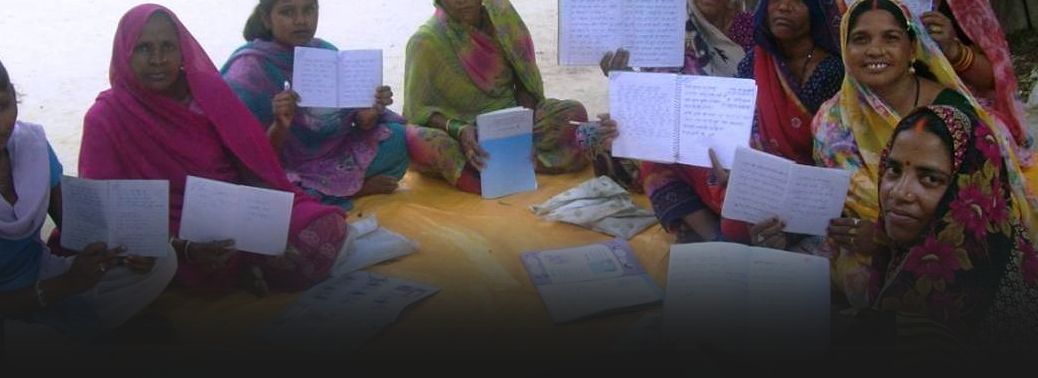Women bought a Third of Life Policies sold in 2017-18
12, Jan 2019

Prelims level : Economy - Insurance
Mains level : Indian Economy and issues relating to planning, mobilization, of resources, growth, development and employment.
In News:
- Almost a third of the 2.82 crore life insurance policies sold during 2017-18 in the country has been bought by women, according to insurance regulator IRDAI.
Explained:
- Apart from purchasing 90 lakh policies, women contributed ₹29,801 crore by way of first-year premium (FYP). The total FYP collected during the year was ₹92,135 crore.
- Both, in terms of the number of policies or the FYP, their contribution was 32%,
- Of the 90 lakh policies bought by women, almost one-third came from three States — Maharashtra (12%); West Bengal (10.3%); and UP (9.4%). Out of ₹29,801 crore FYP contributed by women, a little over one-third came from three States — Maharashtra (18.1%); West Bengal (10%) and Tamil Nadu (7.8%). Women comprise roughly 48% of the population. Their contribution to the economic activity of the country is significant and increasing every year, said a study on the share of women in life insurance business forming part of IRDAI 2017-18 annual report.
Top five States:
- The top five States/UTs with highest share in number of policies bought by women were
- Lakshadweep (55%);
- Puducherry (43%);
- Kerala (43%);
- Mizoram (41%); and
- Sikkim (40%).
- The States with the least share in the number of polices bought by women are — Jammu & Kashmir (24%); Haryana (27%); Gujarat (27%); Uttar Pradesh (28%); and Jharkhand (28%).
An Analysis:
- Men bought 1.91 crore policies and paid ₹62,334 crore premium during the year. In other words, two in three life insurance policies sold were to men.
- At all-India level, 210 persons purchased a life insurance policy, during the year, for every 10,000 population. A further analysis showed that 277 men for every 10,000 male population purchased the policies, while the number for women was 139 for every 10000-female population.
- There is a need to involve more women as, by their very nature, women are protective towards their children and family and insurance is a form of financial protection and financial independence. With a rise in women employment and increasing participation of women in decision-making at various levels it will be a good start towards igniting the traditionally and culturally oppressed gender to their full potential.






